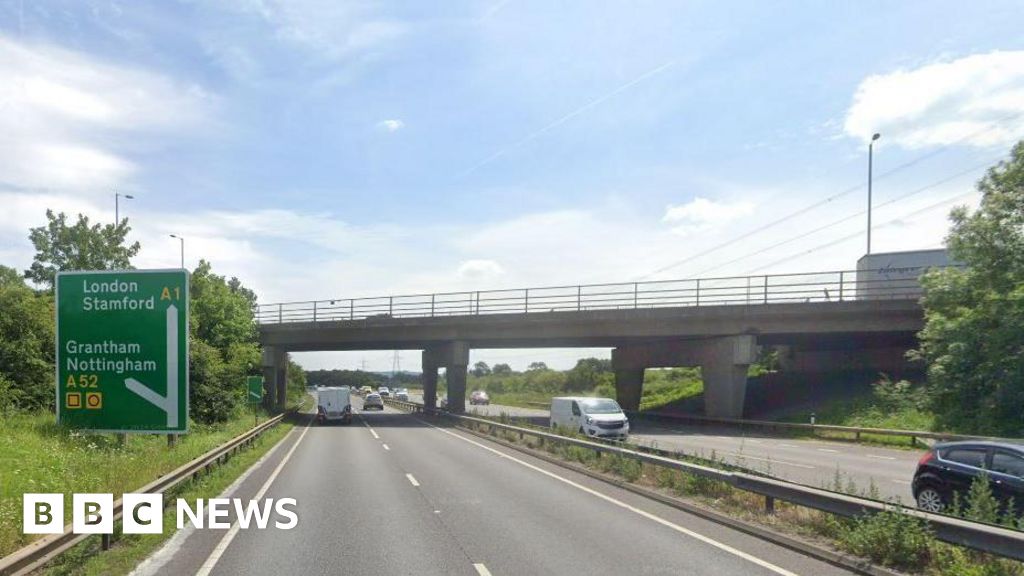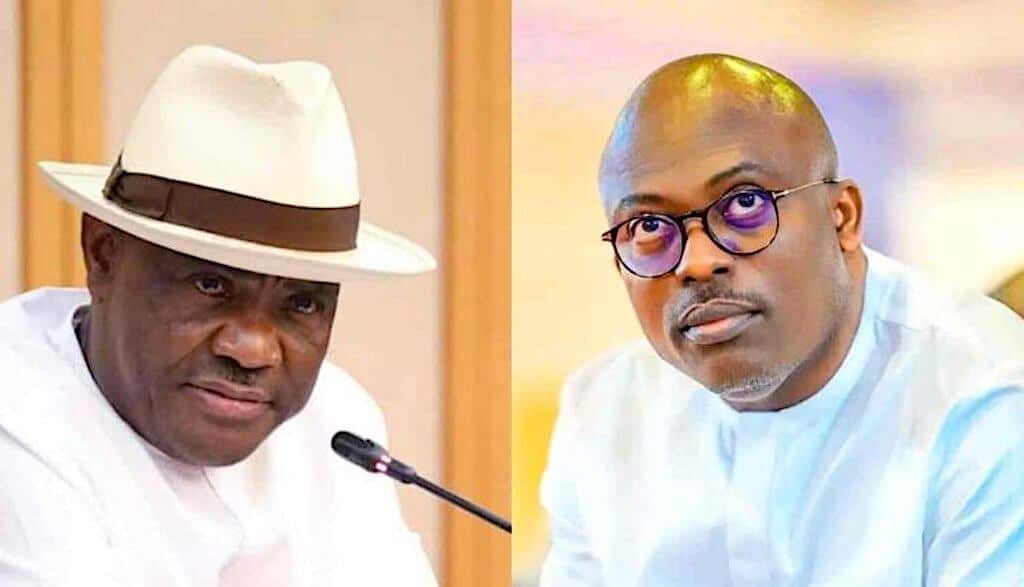To improve transportation in order to facilitate trade across Nigeria and other West Africa countries, the European Union (EU) has asked the Nigerian Shippers’ Council (NSC) for feasibility for its planned intervention in Lagos inland waterways, as well as the Lagos-Abidjan coastal transportation corridor.
Speaking during their visit to the executive secretary of the NSC in Lagos, the EU delegation, led by the Team Lead, Regional Cooperation, Abuja, Celine Lhoste, said the body was ready to partner the NSC to improve regional trade and deepen investments in the transport sector.
Lhoste said the project will be supported by the European Union, together with the Agence Française de Dévelopement (AFD) and the European Investment Bank.
“We have a project called ‘Omi Eko,’ which is aimed at reducing the transport congestion in Lagos State and also reduce the transportation cost and time delays for residents in Lagos,” Lhoste explained.
“This is a project that is estimated to cost €411 million, which will be supported by the European Union, together with the Agence Française de Dévelopement (AFD) and the European Investment Bank.”
She disclosed that the intervention would start “in a couple of months after all documents have been signed. We are meeting with Lagos State Waterways Authority (LASWA) and all necessary agencies to sort out the different agreements.
“We also want to meet the various agencies and partners, like NSC, to know the strategic planning for shipping and the improvement of transportation within the Lagos area, across the nation and for the region.”
According to Lhoste, the EU prioritises support for transportation and trade through the Lagos-Abidjan corridor, and the Omi Eko project. Therefore, “we are supporting Lagos, but we aren’t just looking at an improvement in transportation of people and goods within Nigeria but also across the neighbouring countries.”
However, “this visit is to first establish a contact with the agency and discuss plans for transportation, especially in decongesting the Lagos ports, increasing trade in the region along the corridor.”
Explaining their mission further, the Transport Officer, EU directorate general International Partnerships, Jesus Gavilan, said the project was considering providing hard and soft infrastructure for Nigeria and the West African sub-region.
According to Gavilan, there was an initiative launched two years ago by the President of the European Commission to improve connectivity between Africa and Europe, and to achieve that, “transportation is key with regards to the infrastructure.

 6 months ago
28
6 months ago
28














 English (US) ·
English (US) ·